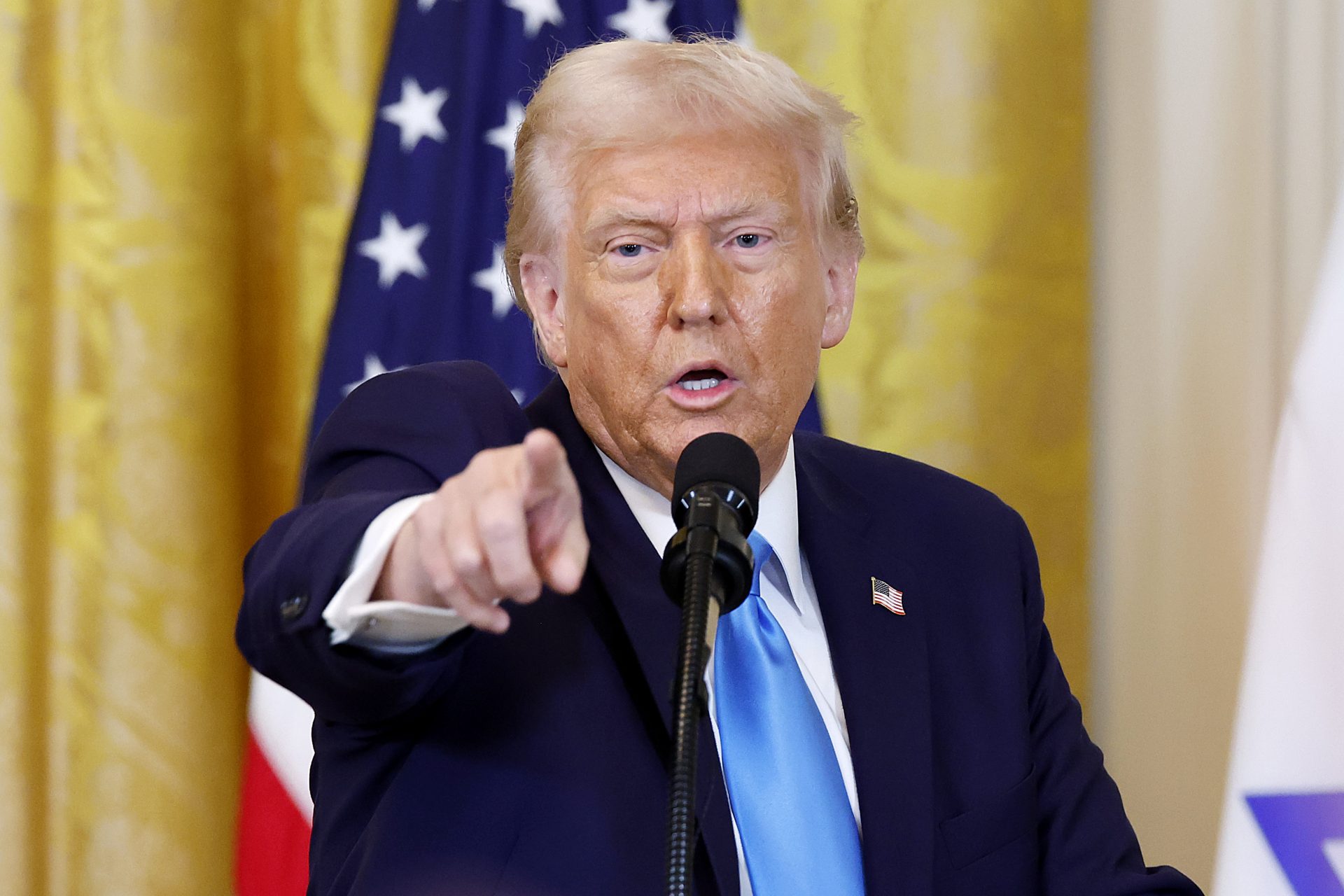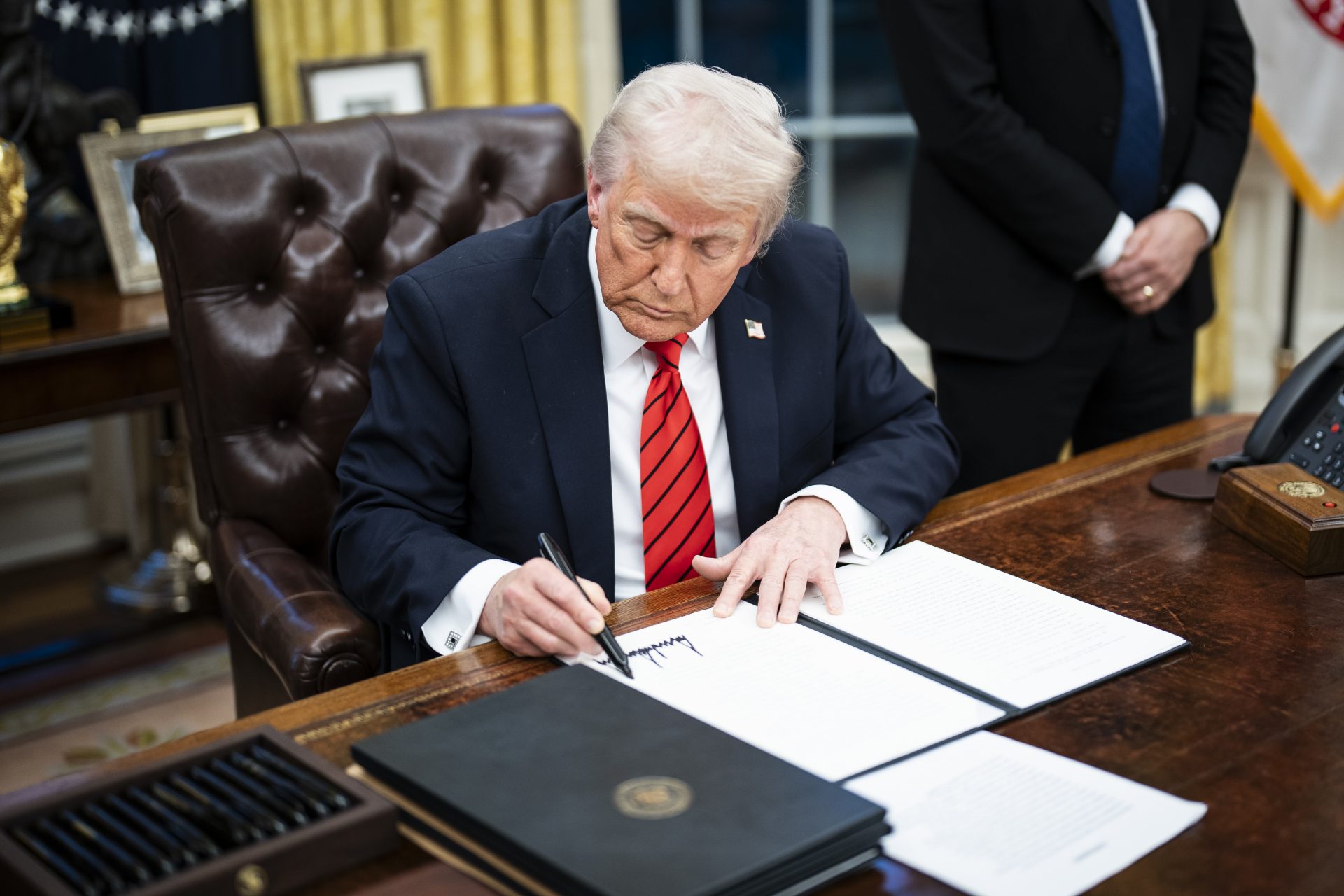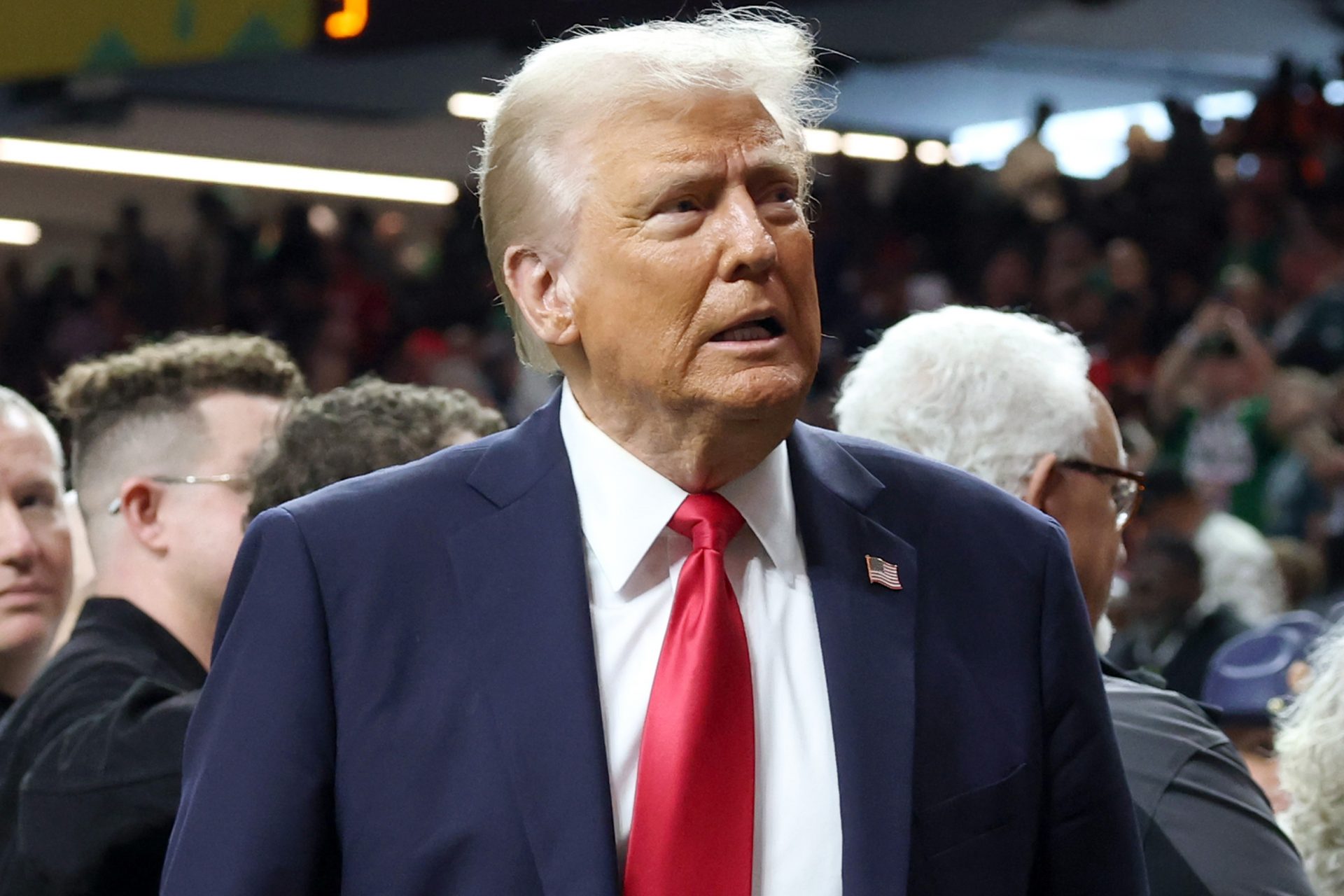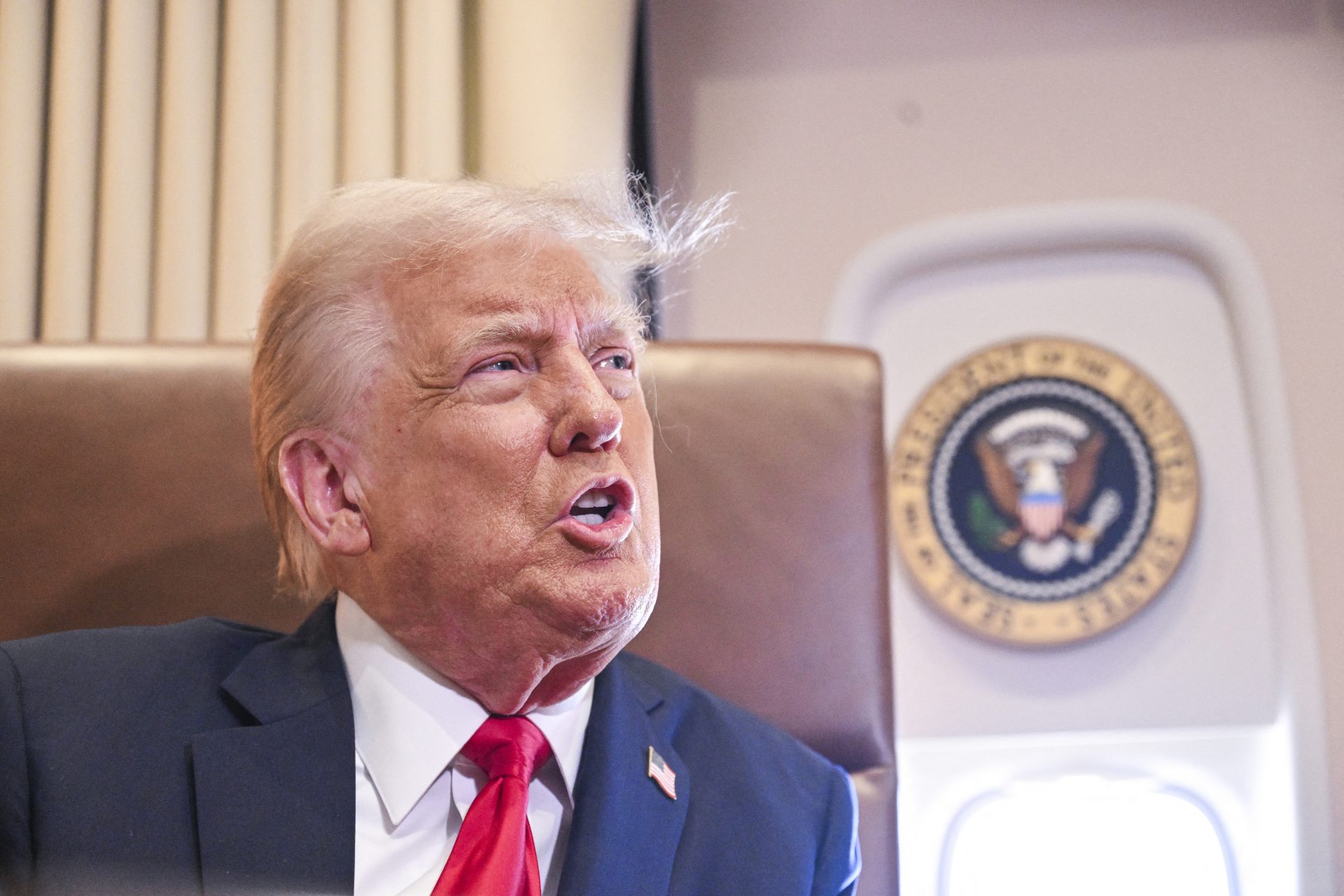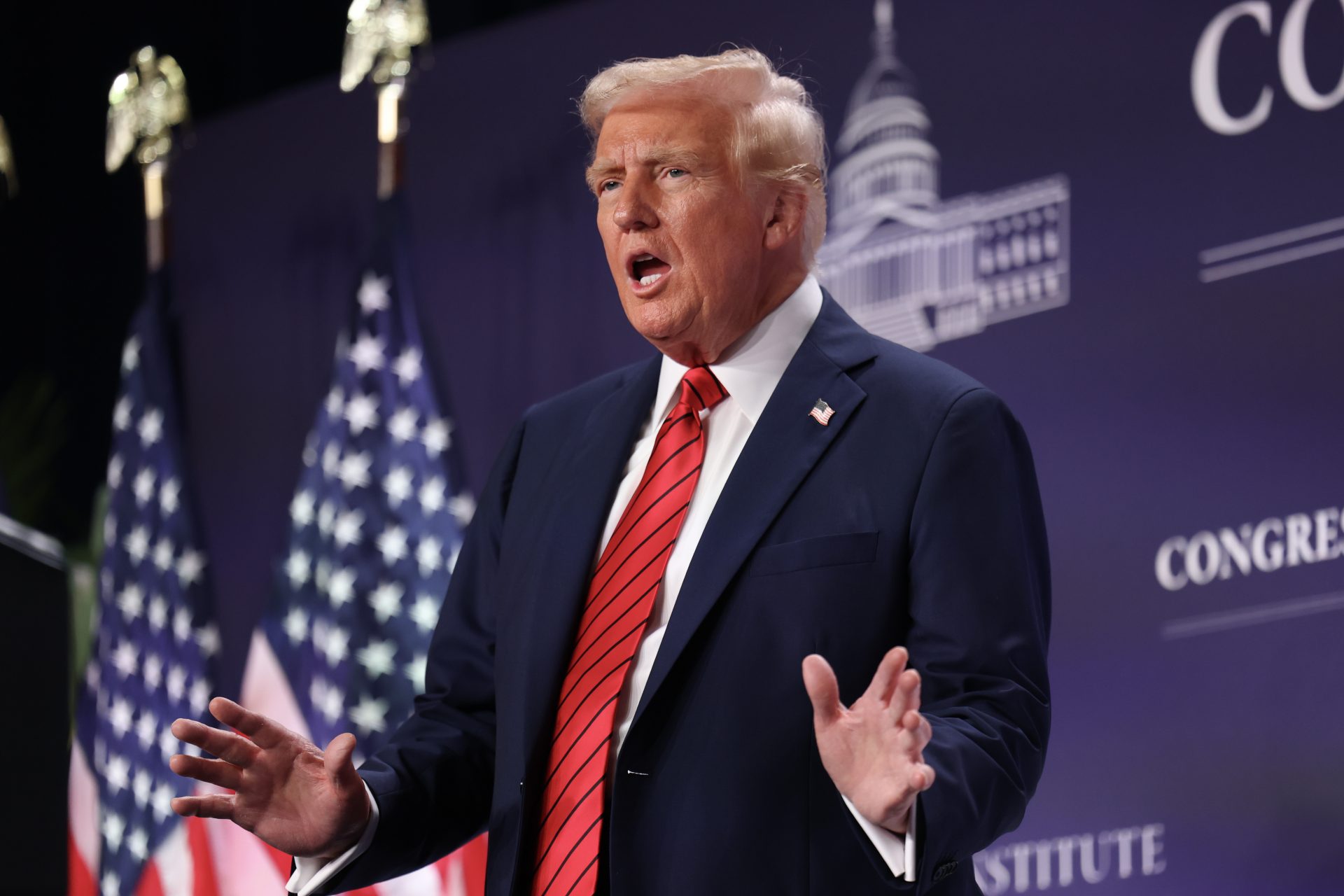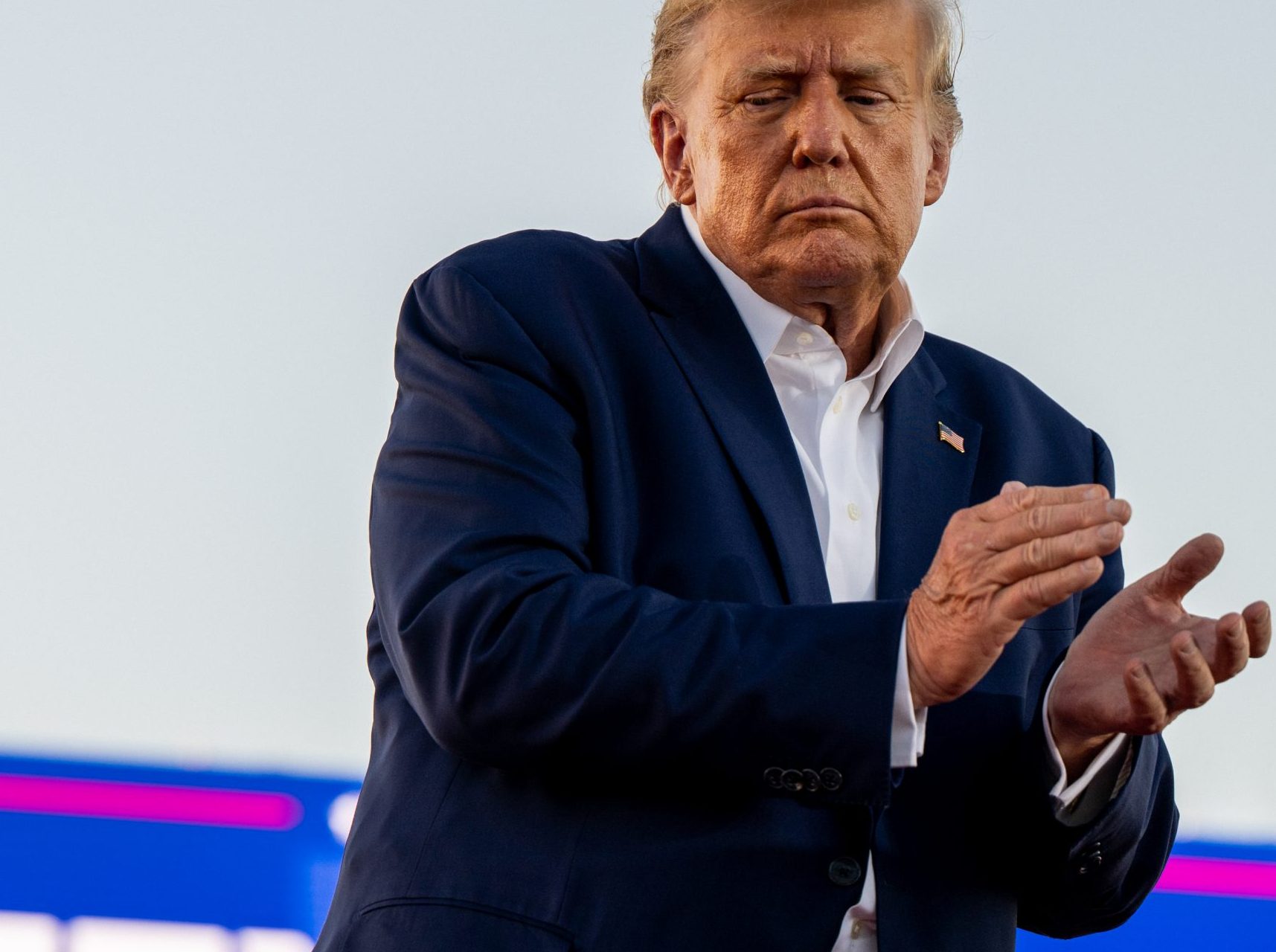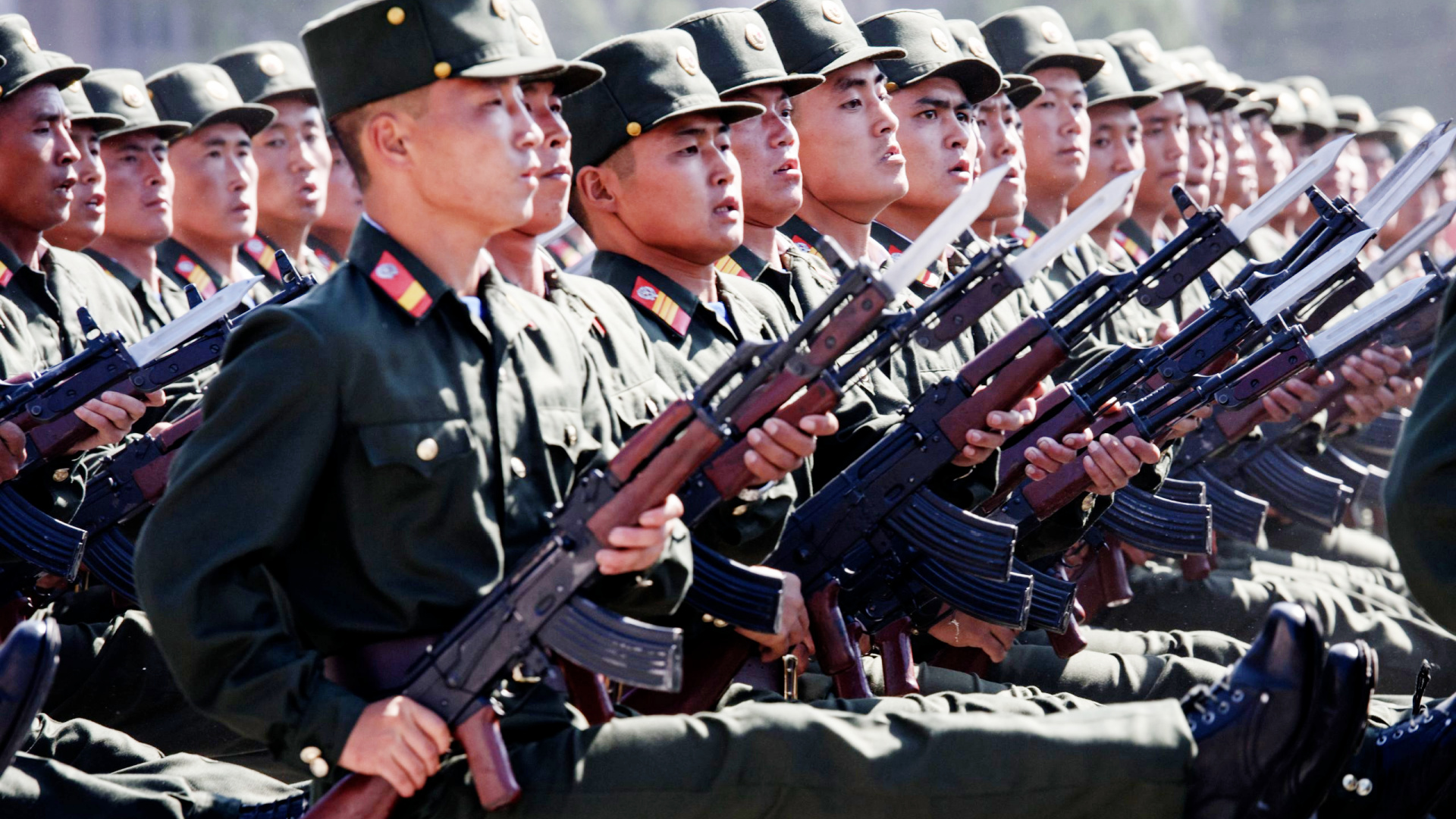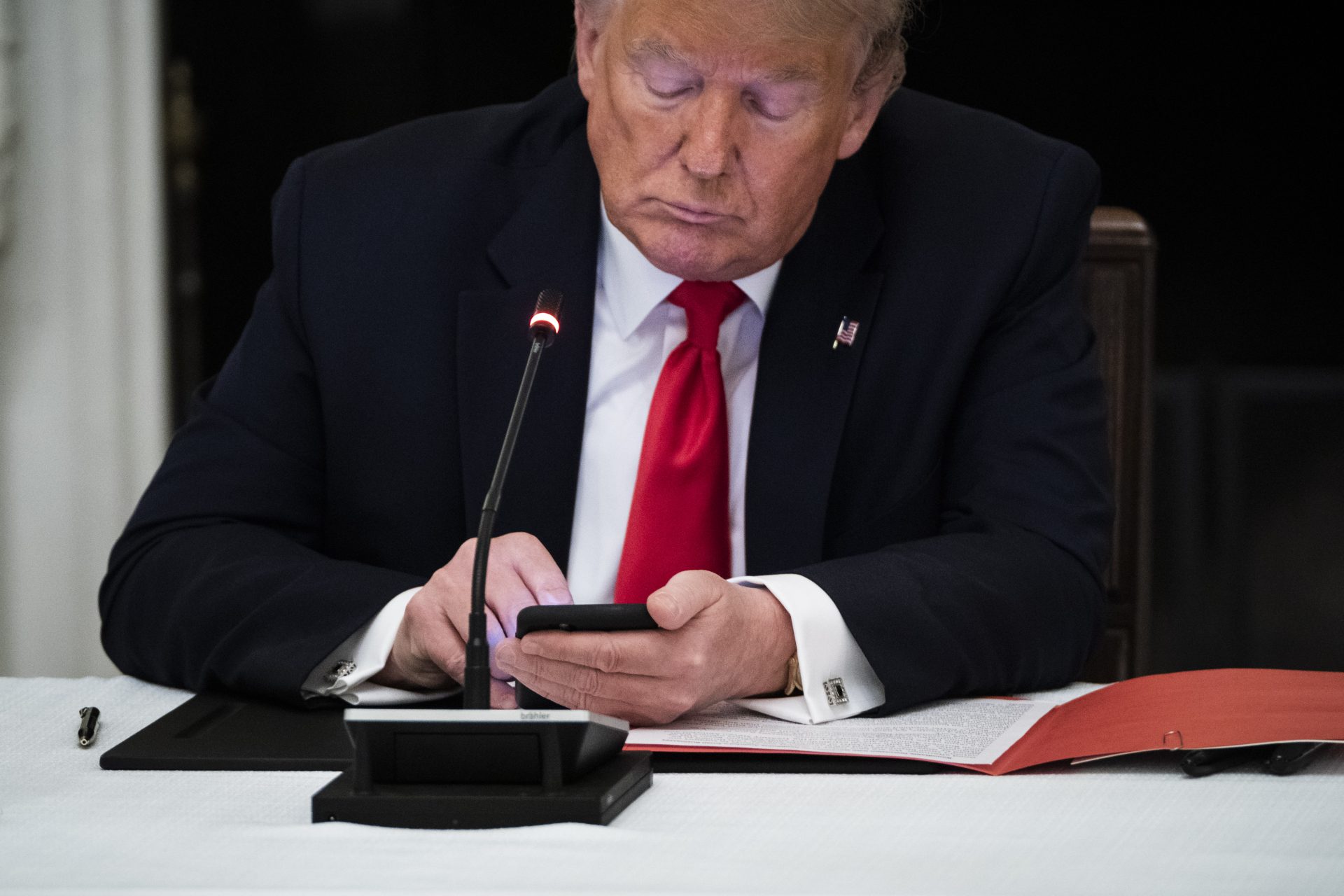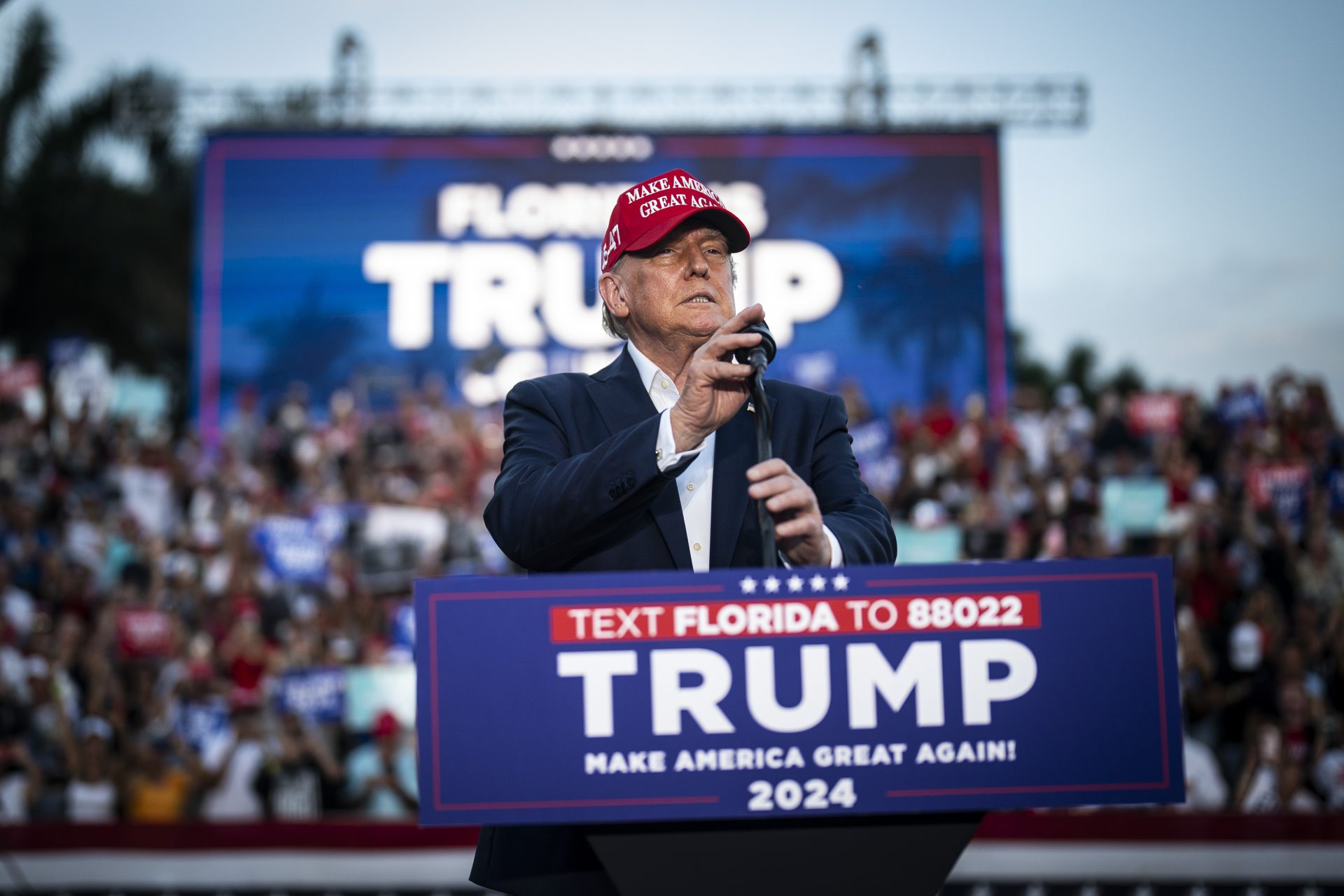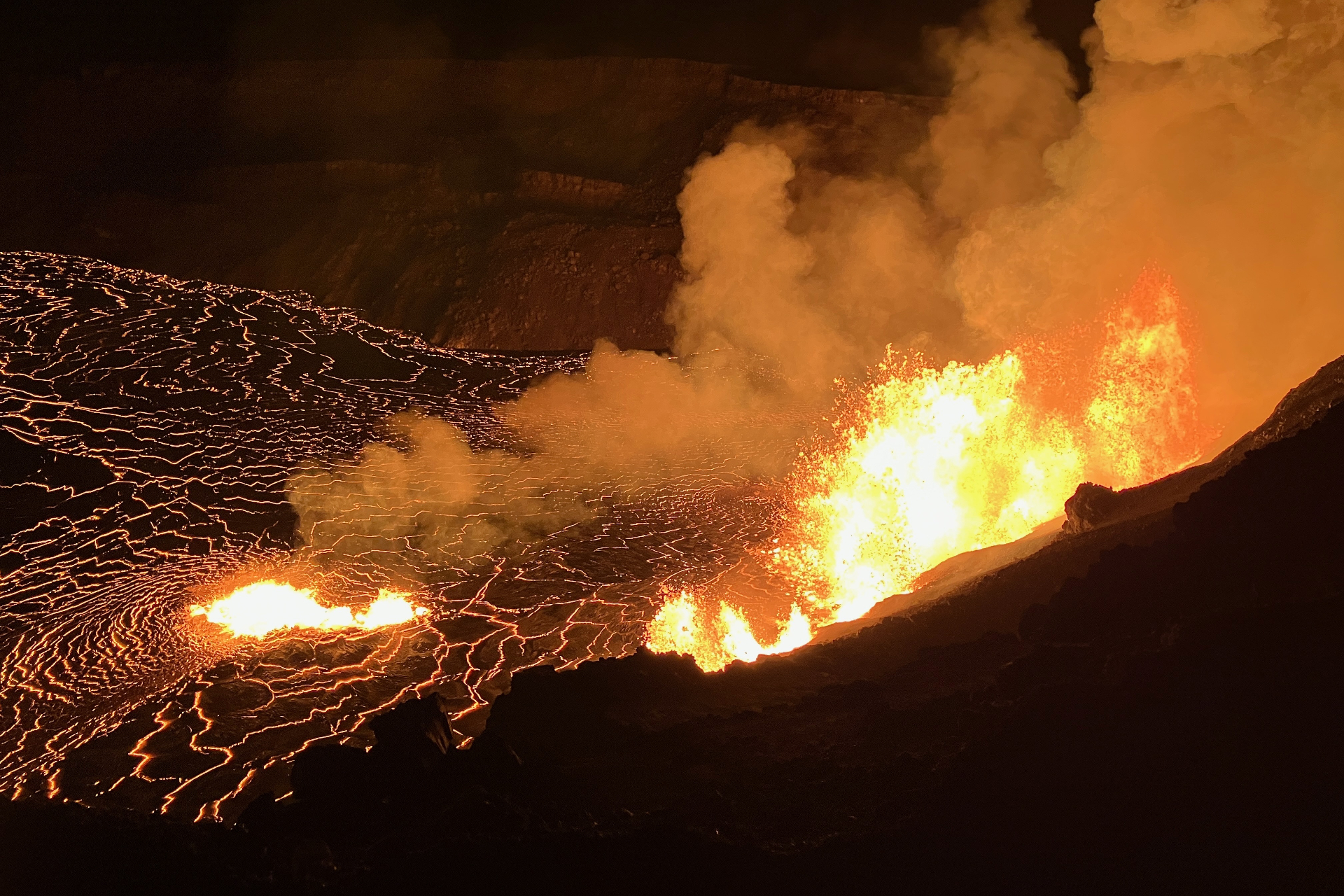Trump is using a controversial law from 1798 to expel millions of immigrants
During his campaign rallies, prior to securing a second term as President of the United States, Donald Trump indicated his administration's intent to utilize legislation from the 18th century to execute what could be the largest mass deportation in the nation's history.
The Alien Enemies Act of 1798 was enacted to be operational during wartime. This legislation empowers the president to order the arrest, relocation, or deportation of foreign nationals aged 14 and above from countries at war with the United States.
The BBC recalls that in his inaugural address Trump said that the US government "fails to protect our magnificent, law-abiding American citizens but provides sanctuary and protection for dangerous criminals, many from prisons and mental institutions, that have illegally entered our country from all over the world."
Trump continued: "And by invoking the Alien Enemies Act of 1798, I will direct our government to use the full and immense power of federal and state law enforcement to eliminate the presence of all foreign gangs and criminal networks bringing devastating crime to U.S. soil, including our cities and inner cities."
But there is one important detail: the law allows for the detention, relocation or deportation of foreign citizens from nations with which the United States is at war. That is, with which the country actually maintains hostile relations.
According to the BBC, thanks to this law, more than 30,000 Germans, Italians and Japanese living in the US spent the Second World War imprisoned in internment camps because the Government considered them potentially dangerous.
So far, Trump has not resorted to the law (although he always mentions it) and it could be difficult for him to use it. As the Spanish newspaper El País explains, the presence of undocumented immigrants is not related to a “declared war” or a “predatory invasion” of another country, as the president's xenophobic speeches claim.
But some experts fear what could still happen: “We cannot be sure what would happen if an enforcement attempt landed in a Supreme Court that has adopted an expansive view of presidential power,” former New York County prosecutor Jordan Rubin wrote on his blog, according to El País.
During his first term, Trump succeeded in banning, by decree, the entry of citizens from Muslim countries (Iran, Iraq, Syria, Somalia, Yemen, Sudan and Libya), even if they requested asylum, were refugees or had entry permits. A measure widely criticised for violating civil rights.
The law would speed up the deportation process and its potential use raises concerns that the government could target specific groups based on their ancestry. There are some indications that it could be used to order the detention and deportation of all Venezuelans over the age of 14, including permanent residents, who are not US citizens," Katherine Yon Ebright of the Brennan Center for Justice told the BBC.
More for you
Top Stories



